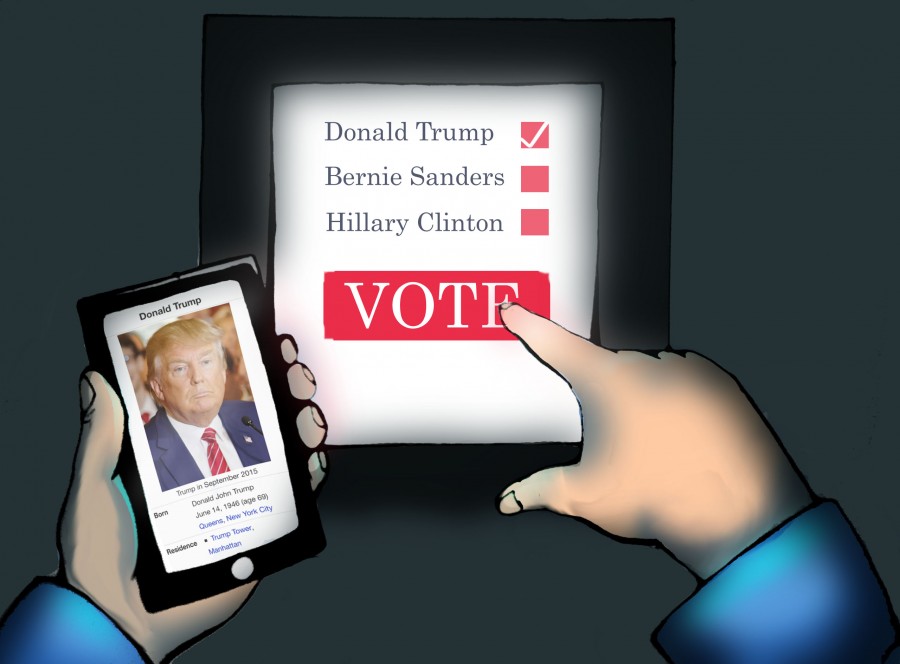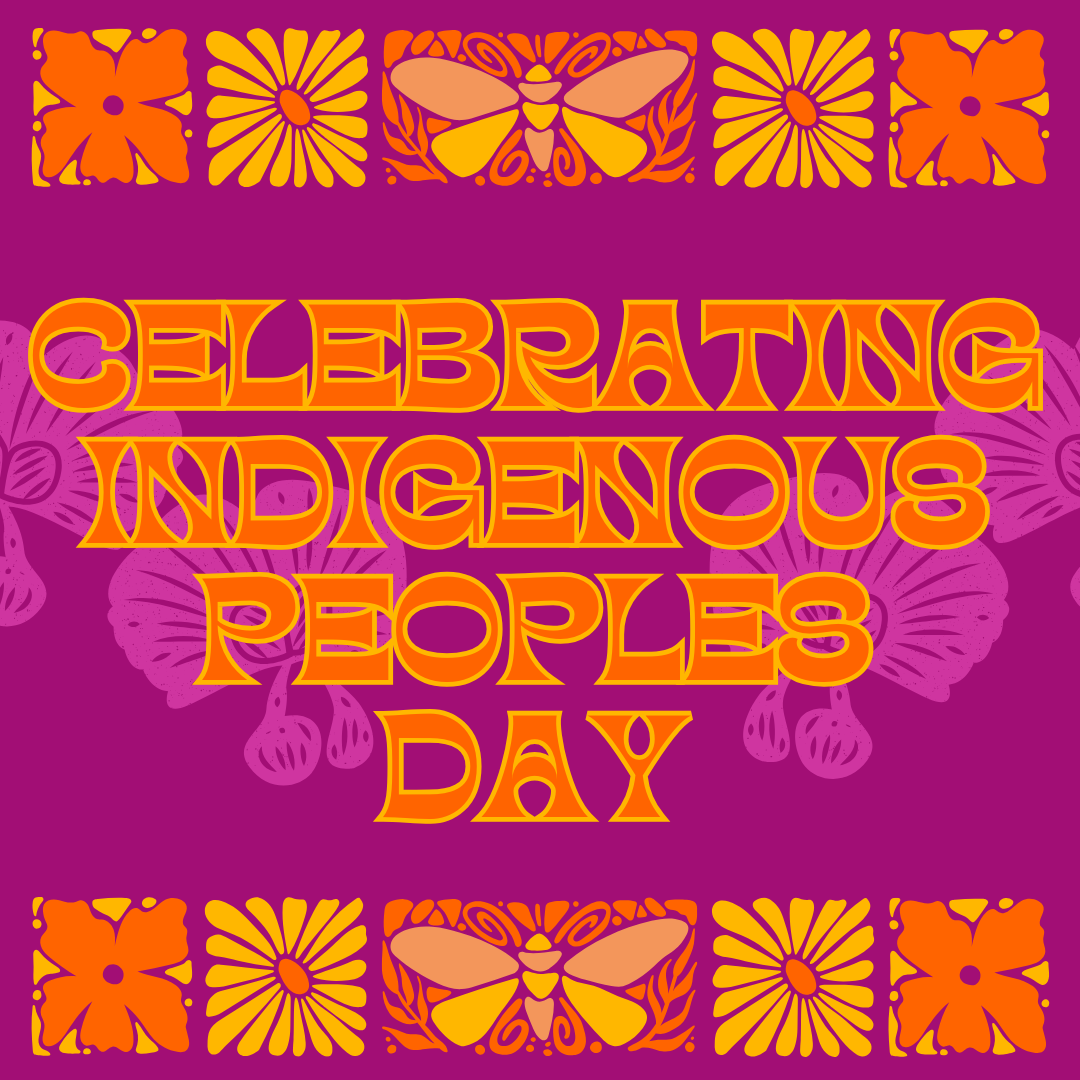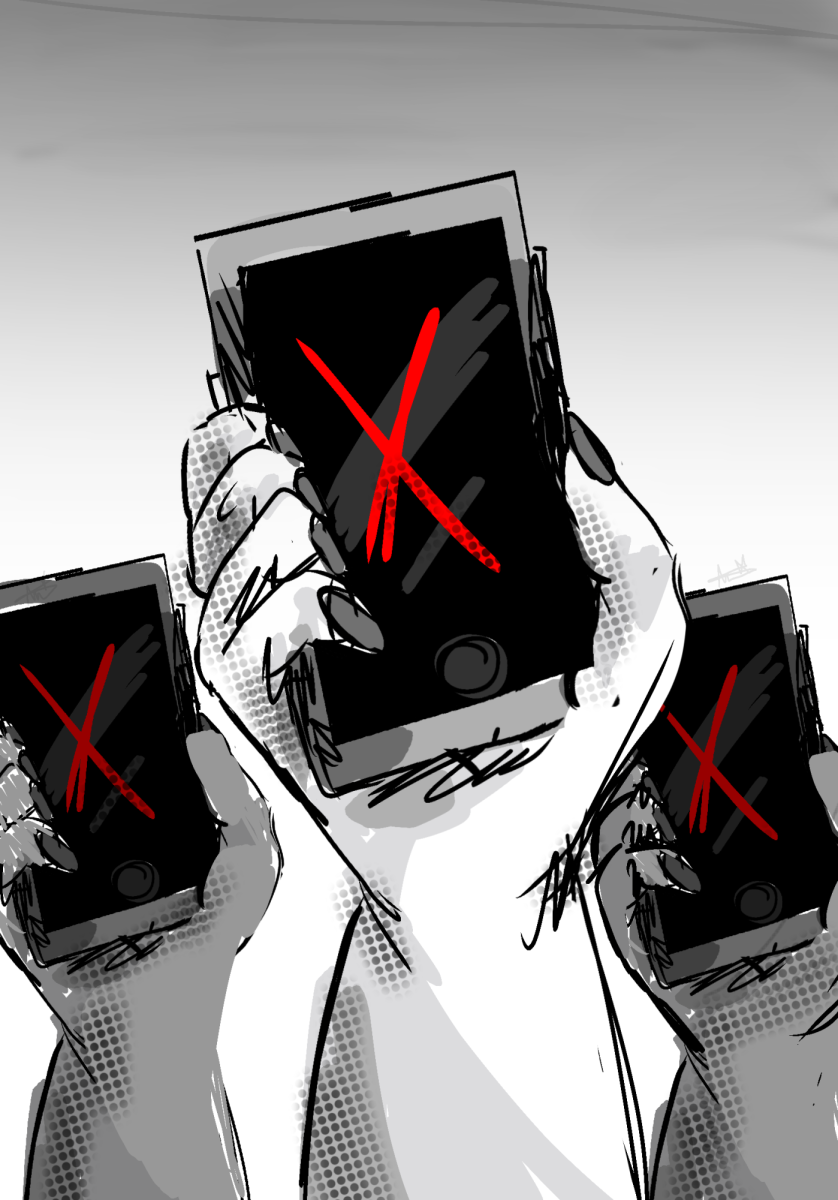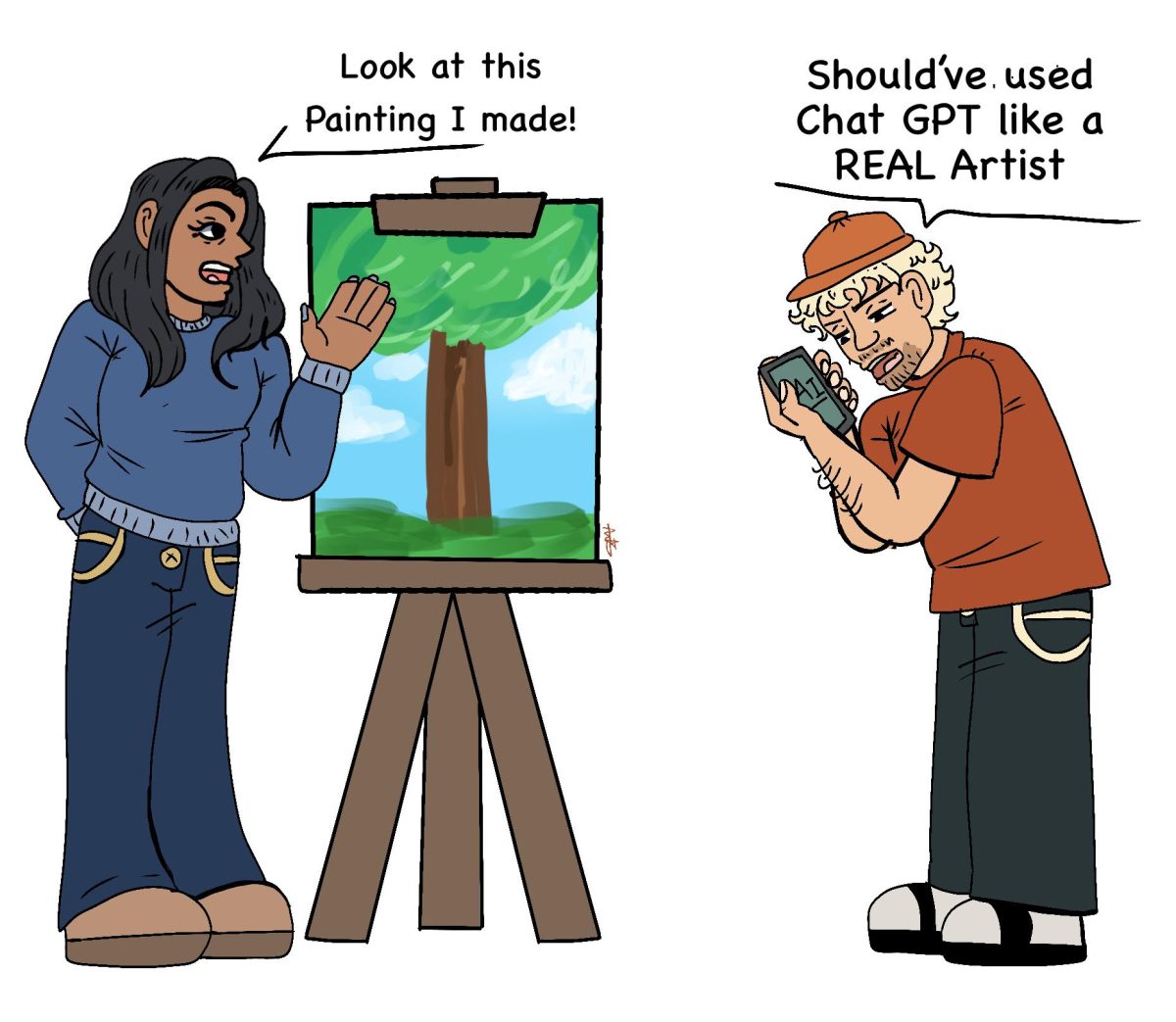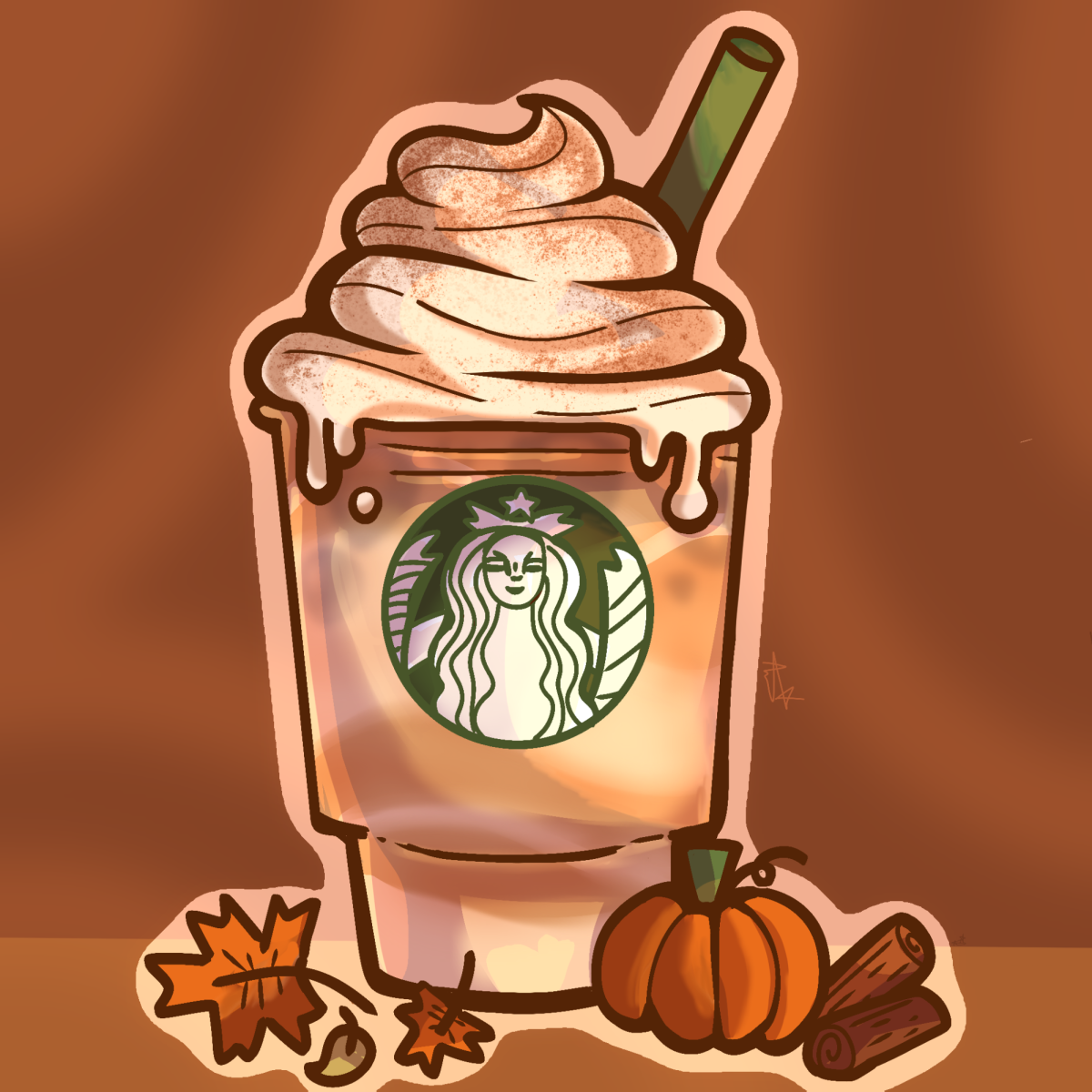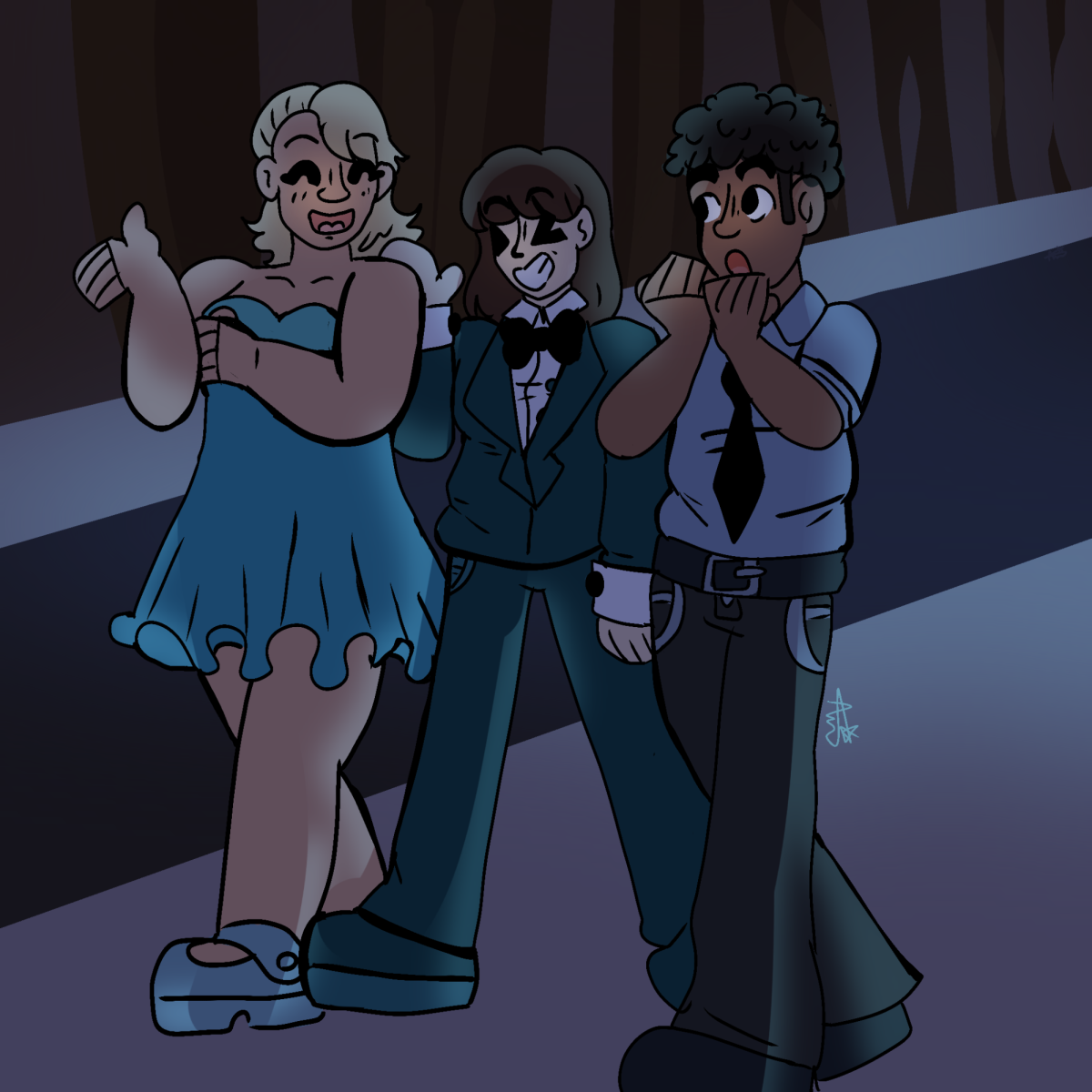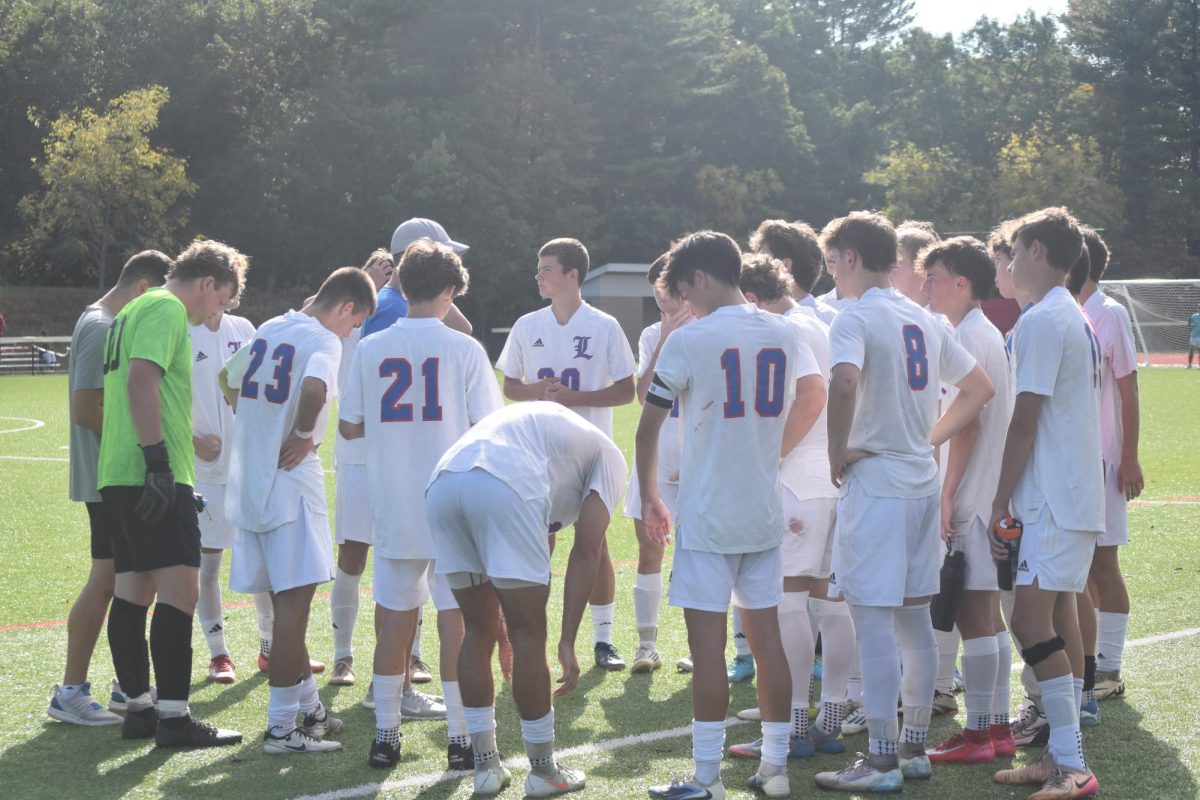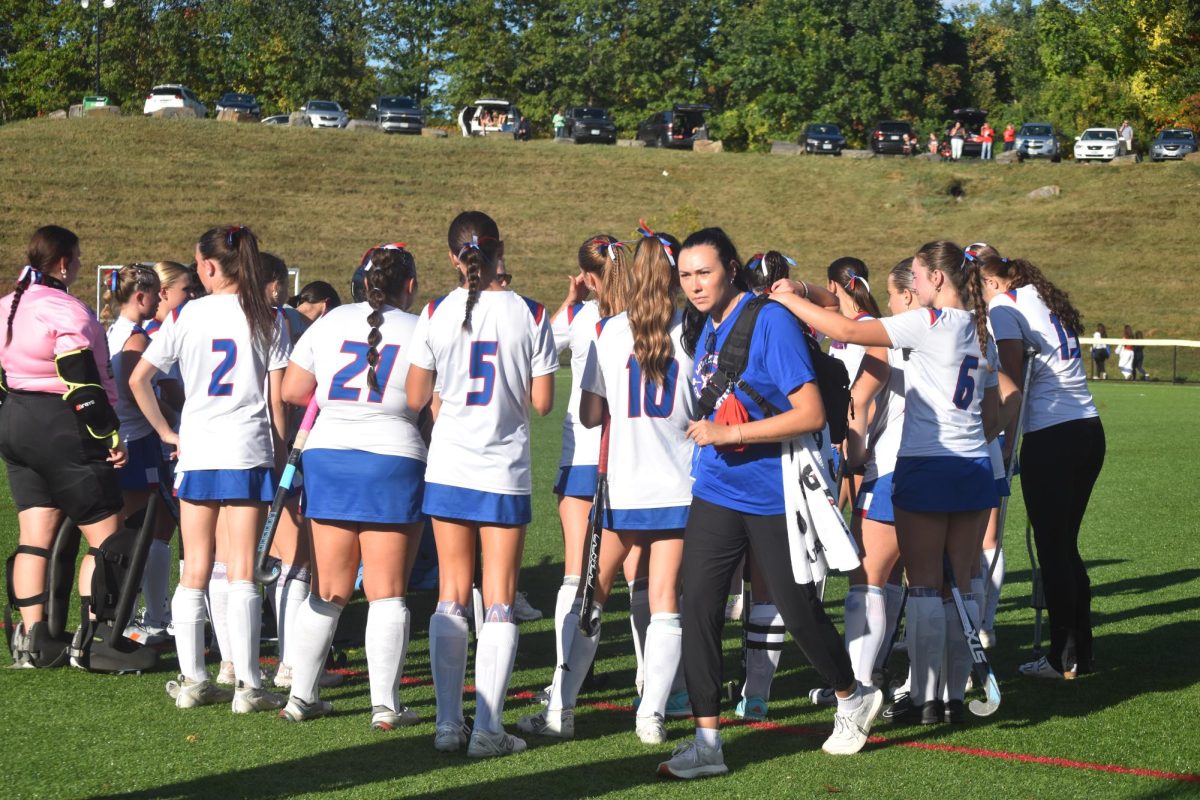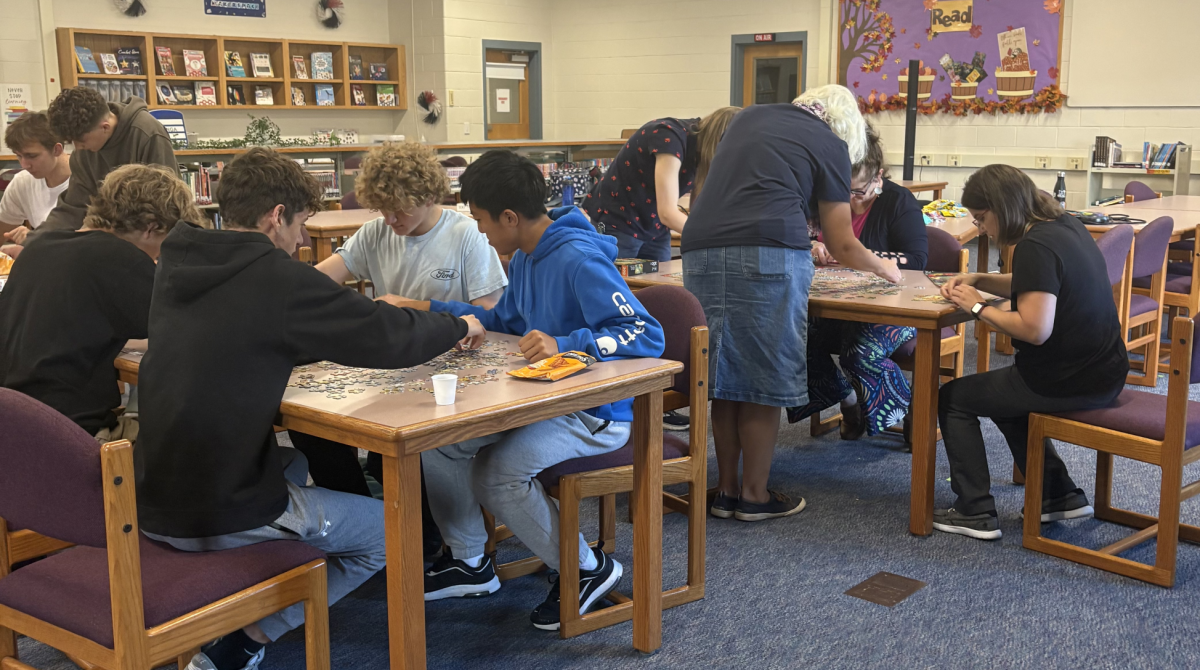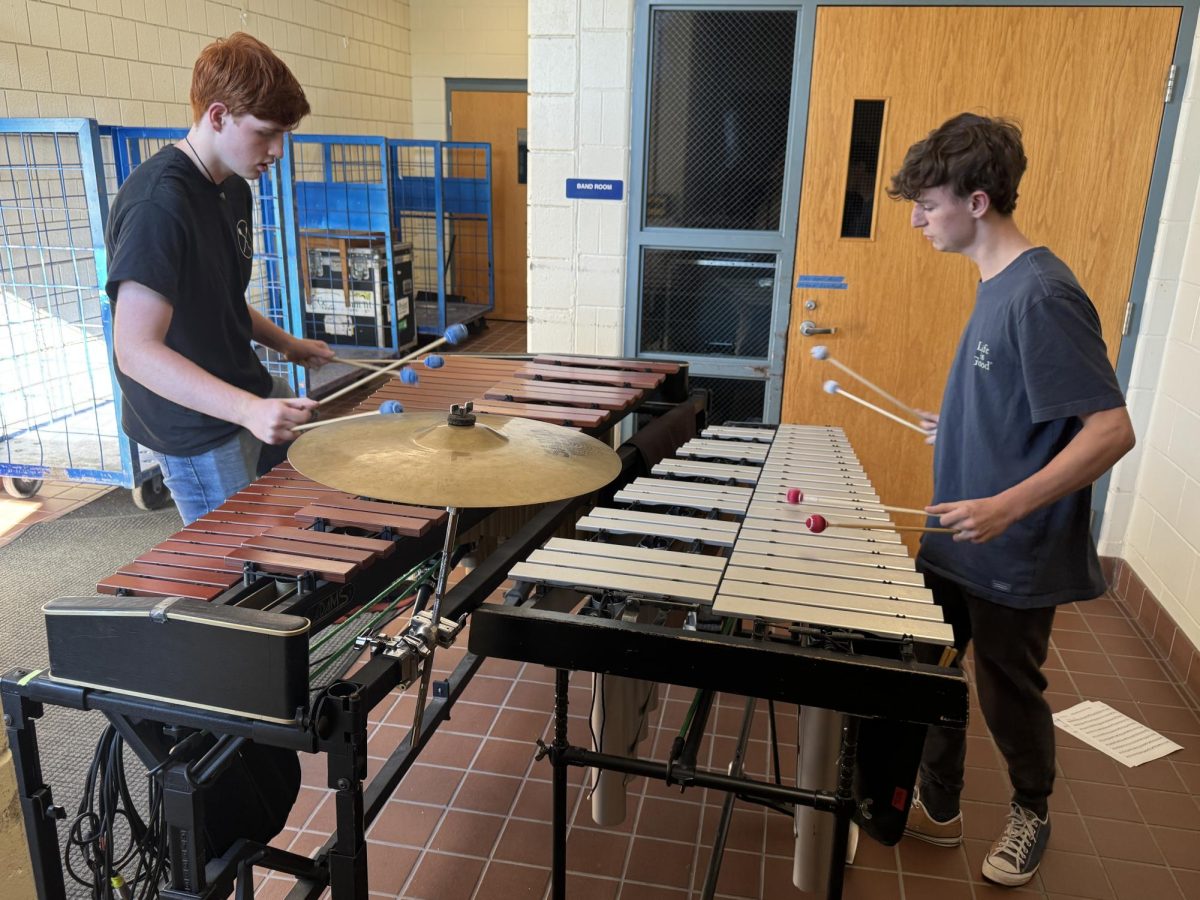In the upcoming 2016 election, nearly a quarter of our student populace will be eligible to vote.
But will they?
Young people are advocating for their political beliefs on social platforms like Twitter, slamming anything from abortion laws and the resistance of legalizing marijuana to the possibility that Donald Trump’s bristly toupée may one day rule our world.
They take to social media to dish out catchy slogans like #FeelTheBern in support of the popular democratic candidate Bernie Sanders, criticizing candidates of both parties and discussing the controversy. With a questionably behaved celebrity and a former first lady in the running, things are bound to get interesting.
An interesting and slightly terrifying new aspect of the political scene is social media. In previous elections politics were taken very seriously, and discussed solely in a conservative fashion. Now, when Donald Trump calls someone ugly during a debate it hits Twitter instantaneously. Trump’s political agenda is hardly supported by strong ideals. More people know about Donald Trump calling Jeb Bush’s wife ugly than they do about his stance on foreign policy. Who cares about the intended impact on tax rates or the plans to end drug epidemics and unemployment when Donald Trump is stirring up social controversy left and right?
This sudden rise in political involvement among young people is interesting, considering they’re not actually voting. Despite the fact that young people are becoming more politically and socially involved in current affairs, their impact in the voting scene has continued to steadily decline since recent elections. So this leads to one very disappointing conclusion: Politics are leaning more toward popular culture and further away from what they actually are.
It’s easy to summarize your opinions into a one hundred eighty character tweet and share it with the world. But do you know what you’re saying and do you really mean it? Or are you just hopping on the band wagon and enjoying the ride?
Following political campaigns isn’t like supporting a new band or following new fashion trends for one very simple reason: supporting a political candidate or movement, whether by voting or by tweeting, affects the existence of our entire nation.
Low levels of electoral participation have been the only standout young adults have made in the polls in recent years. In fact, in 2012 the United States experienced its lowest youth turnout rate ever recorded in a federal election. And even in spite of this the youth vote led Obama to his current presidency. If you subtract all of the “under thirty” votes dedicated to Obama, the election would have gone to Romney. If the Millennials have the power to sway an entire election, where are they and why aren’t they voting?
Young people aren’t the only ones dodging their civic duty. In fact, voting rates have declined within every single age group in the United States. However, people between the ages of eighteen and twenty-nine are the ones who will be most strongly impacted by the outcomes of the next presidency, so shouldn’t they be more inclined to have a say?
You can’t complain about the future if you have no desire to influence it. So when the election rolls around, seize the opportunity our country gives us, and hit the polls. And in the meantime, get educated about candidates and their ideologies, in places other than just twitter.




